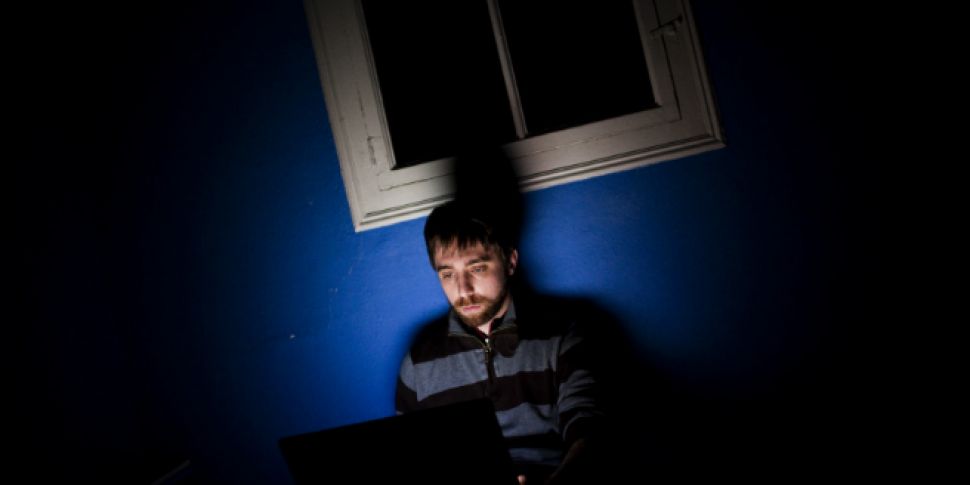A leading clinical psychotherapist has warned that young people who remain living at home with their parents may struggle to assume an adult role in society.
According to Eurostat figures 22.6% of Irish people aged between 25 and 34-years-old are living with their parents.
Joanna Fortune - a psychotherapist with over 12 years experience working with children and families - joined George Hook on High Noon this afternoon to discuss the psychological impact of living at home with the folks.
Ms Fortune said the lack of responsibility many young adults are facing through living at home later “absolutely” has a psychological effect.
“I do think there are some significant repercussions for society in terms of [...] mental health development and psychology,” she said. “We are talking about a new phase of development that didn’t exist for generations before - one that is being called ‘emerging adulthood.’”
“People are not entering that phase of adulthood at the times they would have historically and so we have had to come up with this phrase to explain it.
“Being at home with your parents - and that phase of prolonging parental involvement in our lives - does have a psychological impact in terms of how we see ourselves and often that age group [...] are feeling very lost.”
Ms Fortune said there are a range of societal reasons for why people may choose to live with their parents for longer - including transient and temporary employment contracts, longer college years, later marriages, skyrocketing house prices and a “culture of spending rather than saving.”
“People who are now in their mid to late 20s really invested in travel and seeing the world and spending what they had rather than saving and thinking and planning for adulthood, she said.
“People move jobs more often and in that moving around it is very difficult to put down roots and to have sustainable relationships at earlier ages.
She said living at home into adulthood can leave people with a dominance of adolescent traits going into their 20s and 30s - “which is unusual and which is not healthy.”
“We have got very much adult children,” she said.
“We do see people who are really struggling to assume an adult role in society - and there are lots of external variables be that job, be that marriage, be that finances - but there are things that people can do even while living at home to assume an adult responsibility.”
You can listen to the full conversation on the podcast below:









